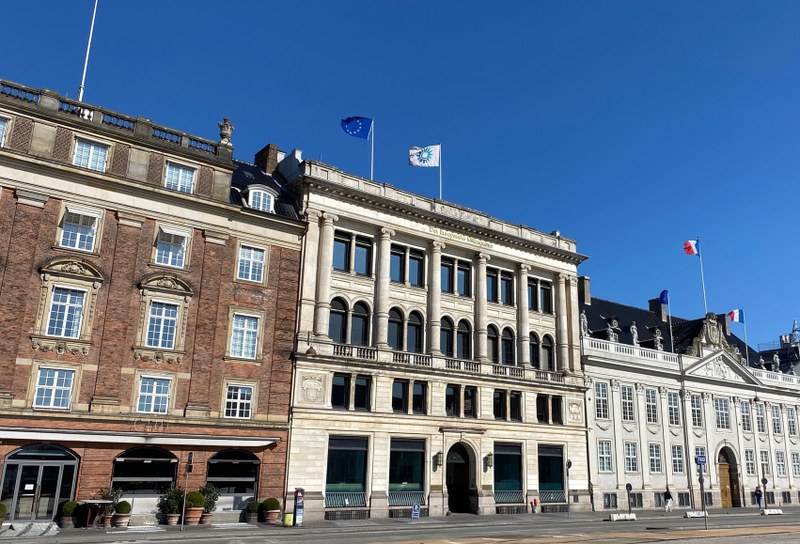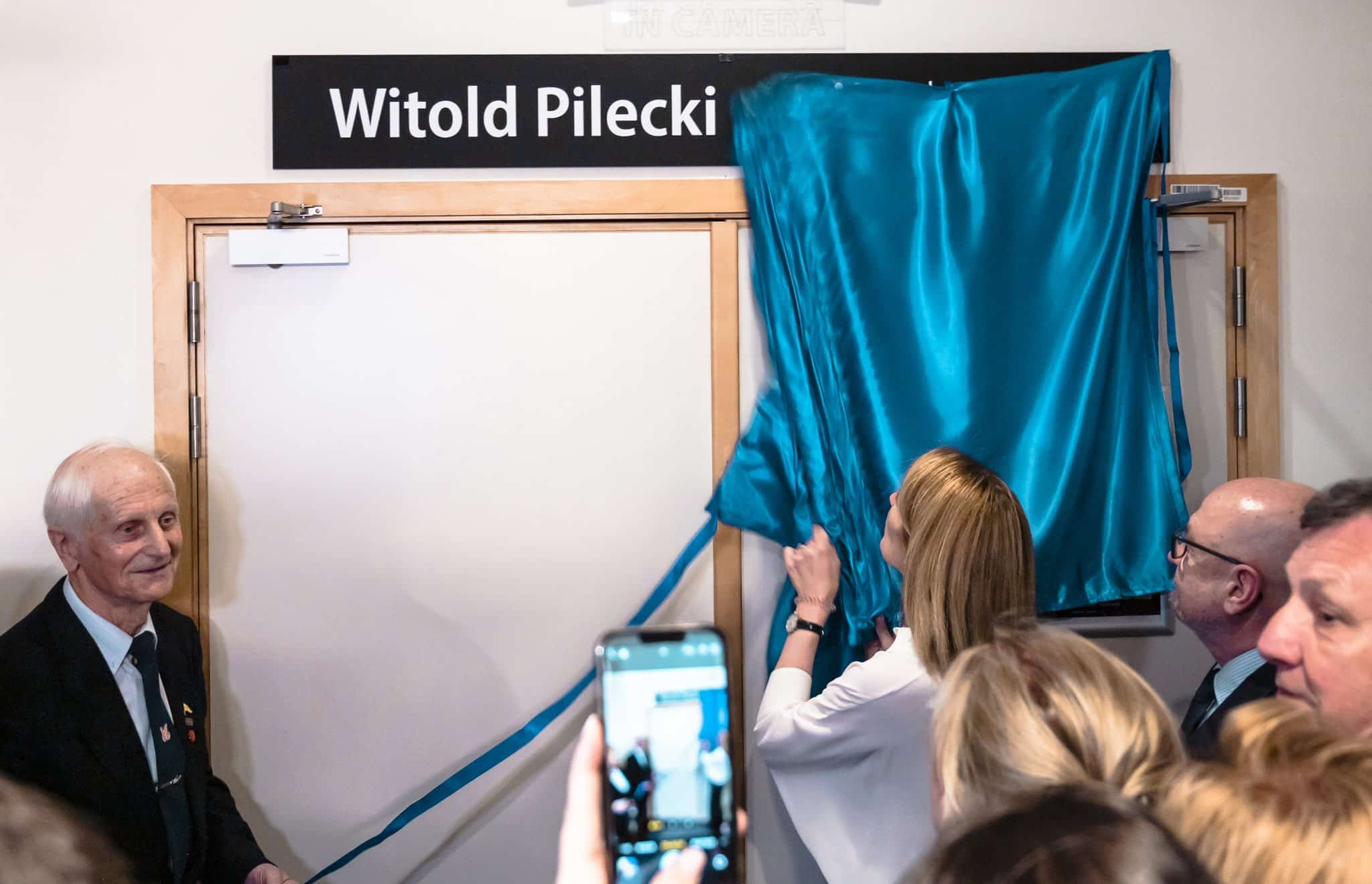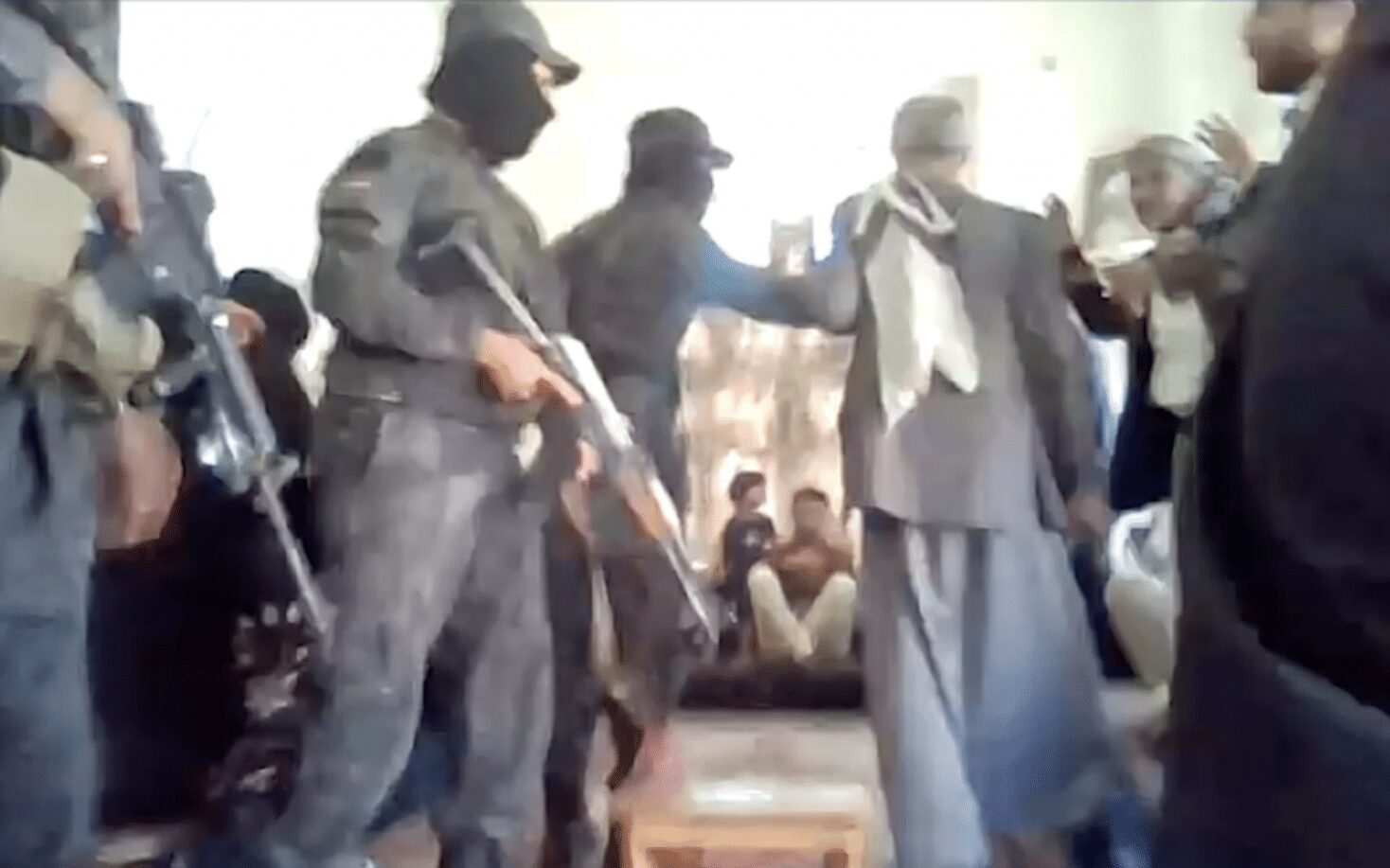Leena Ylä-Mononen takes up her position as Executive Director of the European Environment Agency (EEA) in Copenhagen today, following Hans Bruyninckx, who ended his second five-year term at the end of May.
The European Union and the EEA’s broader network are working to put in place important policy measures to shift Europe to a carbon neutral and sustainable future by 2050. Ms. Ylä-Mononen’s appointment comes at a pivotal time for the EEA, its 38 member and cooperating countries and its Eionet network.
Through its assessments and data, the EEA plays a key role in supporting EU environment and climate policies and legislation, such as the the European Green Deal and its key policy packages including the Zero Pollution Action Plan, the 2030 Biodiversity Strategy and the Circular Economy Action Plan, as well as the 8th Environment Action Programme.
I am excited to start my work at the European Environment Agency today, taking over from Hans Bruyninckx. I would like to warmly thank him for his strong and passionate commitment to the Agency’s role and work over the past ten years on climate and environmental issues.
Leena Ylä-Mononen and Hans Bruyninckx
Leena Ylä-Mononen added, “Looking ahead, I am equally committed to taking the Agency’s work forward in this pivotal time. In Europe as well as globally, decisive action is needed to limit and to adapt to climate change, halt biodiversity loss and stop pollution. The EEA has a big responsibility and role to play to ensure our policymakers have the knowledge and data required to make the right decisions in the years ahead and to ensure the measures we take facilitate a just transition. Engaging with citizens and providing them with relevant information on the state and pressures of the environment is also a critical task.”
Hans Bruyninckx added ‘The decade ahead will be challenging and will require stronger implementation and bolder action. This will entail difficult societal choices. I am confident that, under Leena Ylä-Mononen’s leadership, the EEA will continue to develop and provide relevant and timely knowledge to underpin those decisions.’
As Executive Director, Ms. Ylä-Mononen will be overseeing the Agency’s work in providing policy support to existing as well as emerging tasks under EU climate and environmental legislation. The EEA’s Management Board nominated Ms. Ylä-Mononen for the position on 23 March following a Europe-wide selection process.
Biography
Ms. Ylä-Mononen, a Finnish national, was previously Director General at the Finnish Ministry of the Environment. Previous to her post at the Finnish Environment Ministry, she held a senior management position at the European Chemicals Agency, after working at the European Commission’s Directorate General for the Environment. She holds a Master’s degree in environmental sciences from the University of Helsinki.














